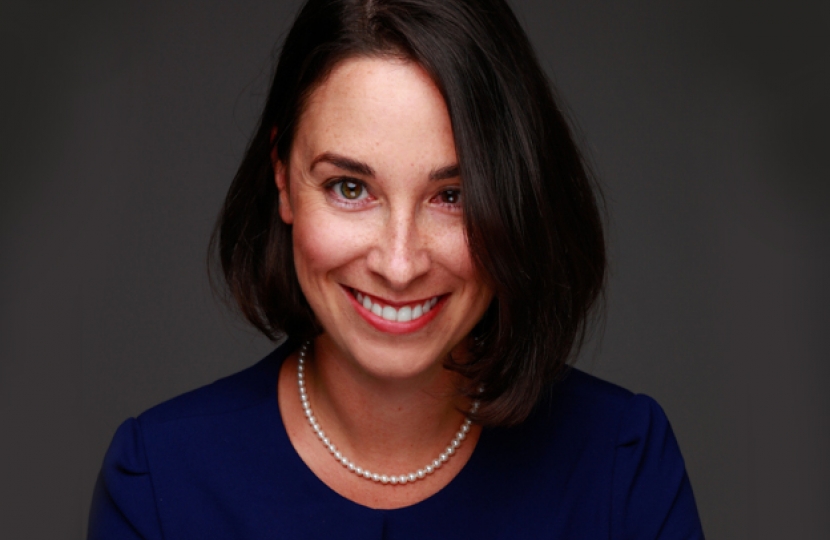
Should the government require children to be vaccinated for preventable diseases?
The UK benefits from an extensive, free vaccination programme for all children for preventable diseases such as Meningitis B and C, Diptheria, Tetanus, Polio, Measles, Mumps and Rubella commencing at 8 weeks old and ending at 14 years of age.
Despite this, in August 2019, the World Health Organisation (WHO) declared that the UK had lost its “Measles Free status” due to a marked decline in the number of children being vaccinated. This has coincided with an increased amount of anti vaccination information (or disinformation) available - notably being shared online via social media.
In a recent BBC article (https://www.bbc.co.uk/news/health-48585036), it states that “parents looking for answers on the safety of vaccinations are led astray by fake news, hoaxes, as well as religious and cultural beliefs, and sometimes even threats of violence - which means diseases once though eradicated are making a comeback.”
Whilst there may of course be bona fide reasons for children not to be vaccinated (particularly if there are health concerns raised), it is imperative that decisions are being taken using reliable and accurate information.
As a mother of a 14 month old child, I am incredibly grateful that the vast majority of care-givers in the UK opt to vaccinate their children as this not only protects their children, it also protects mine (this is called Herd Immunity.) Herd immunity only works if most people in the population are vaccinated (for example, 19 out of every 20 people need to be vaccinated against measles to protect people who are not vaccinated). If people are not vaccinated, herd immunity is not guaranteed to protect them.
Whilst I do not believe that the government should make it compulsory for children to be vaccinated for preventable diseases - as it is important to take individual cases into consideration, I would argue that the UK’s vaccination programme should follow the same “opt out” system which will be utilised by the NHS’ organ donation programme from Spring 2020. After all, the WHO has named “vaccine hesitancy” as one of the world’s top 10 global health threats of 2019 and we must take all reasonable steps to mitigate this.
Naomi Bowman
